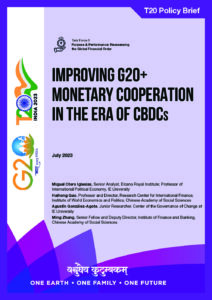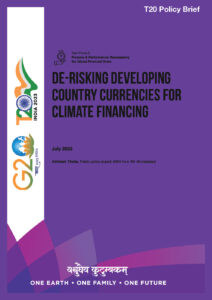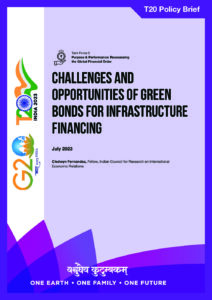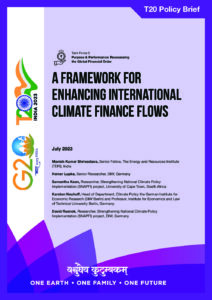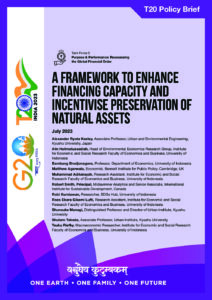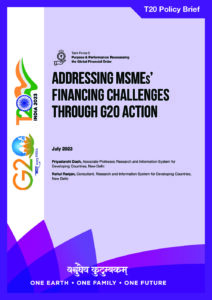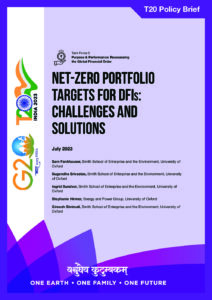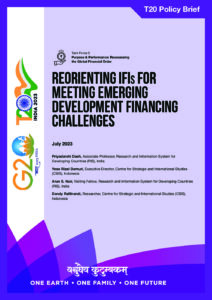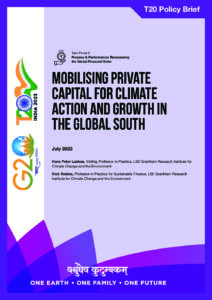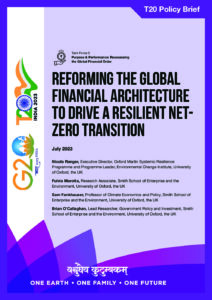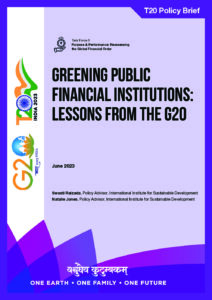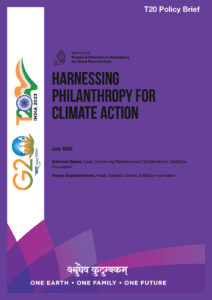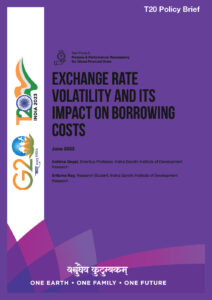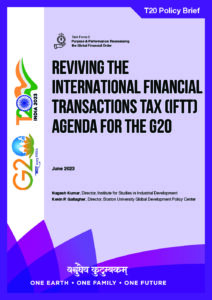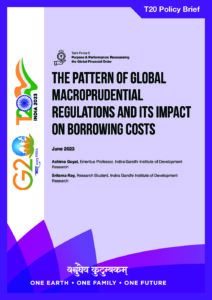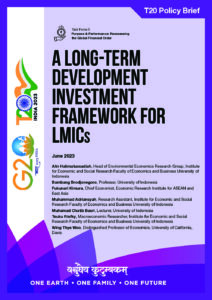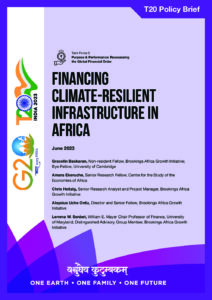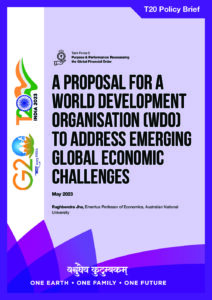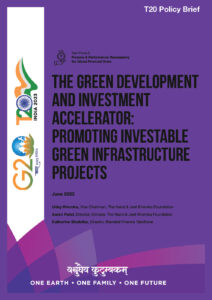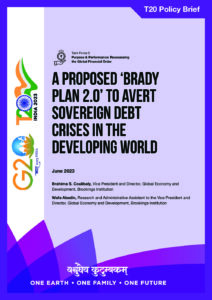This task force will deliberate on how the global financial architecture can be made fit for purpose for the 21
st century. The global financial architecture—dominated by International Financial Institutions (IFIs) such as IMF, World Bank, BIS, etc.—needs to undergo radical reforms that reflect modern realities. Greater access to development finance, such as climate finance, infrastructure finance, and social sector investments is more important than ever. The widening financing gap for the SDGs and climate adaptation requires proactive actions at the multilateral level, including the G20. Besides showcasing best practices on options for domestic resource mobilisation, innovations in funding sources— including local currency bond markets and instruments by multilateral, regional and national development banks—may be leveraged. There is a gap in expectations between Central Banks, Multilateral Development Banks, and the IMF. There is a need for a coordinated and collaborative approach amongst the Bretton Woods institutions, and a push for fundamental changes in their mandates and ways of working. Can the G20 move beyond its post-financial crisis management approach to address the crises of today, as well as identify and remove the institutional and regulatory barriers to enhance access to finance by developing countries? What are regulatory and policy changes that can encourage investments from the multilateral institutions and the developed world into emerging and developing countries?
Workstreams:- Enhancing Access to Infrastructure & Development Finance
- Towards More Innovative Financing Mechanisms
- Reform of Bretton Wood Institutions and MDBs
- Need and Role of Regional and Plurilateral Financing Institutions
CHAIRS:- Deepak Mishra, Indian Council for Research on International Economic Relations
(ICRIER), New Delhi
- Ashima Goyal, Indira Gandhi Institute of Development Research (IGIDR), Mumbai
Co-CHAIRS:- Amar Bhattacharya, Brookings Institution, USA
- Claude Lopez, Milken Institute, USA
- Daniel Cohen, Paris School of Economics, France
- Hans Peter Lankes, London School of Economics, UK
- Matthias Catón, Frankfurt School of Finance & Management, Germany
- Mridul Saggar, Ex-RBI ED and MPC member, India
- Naoyuki Yoshino, Keio University, Japan; Former Asian Development
Bank Institute
- Priyadarshi Dash, Research and Information System for Developing
Countries, India
- Sarah Colenbrander, ODI, UK
- Shikha Bhasin, Council on Energy, Environment and Water, India
- Vidya Shah, EdelGive Foundation, India



